1. Taylor Swift
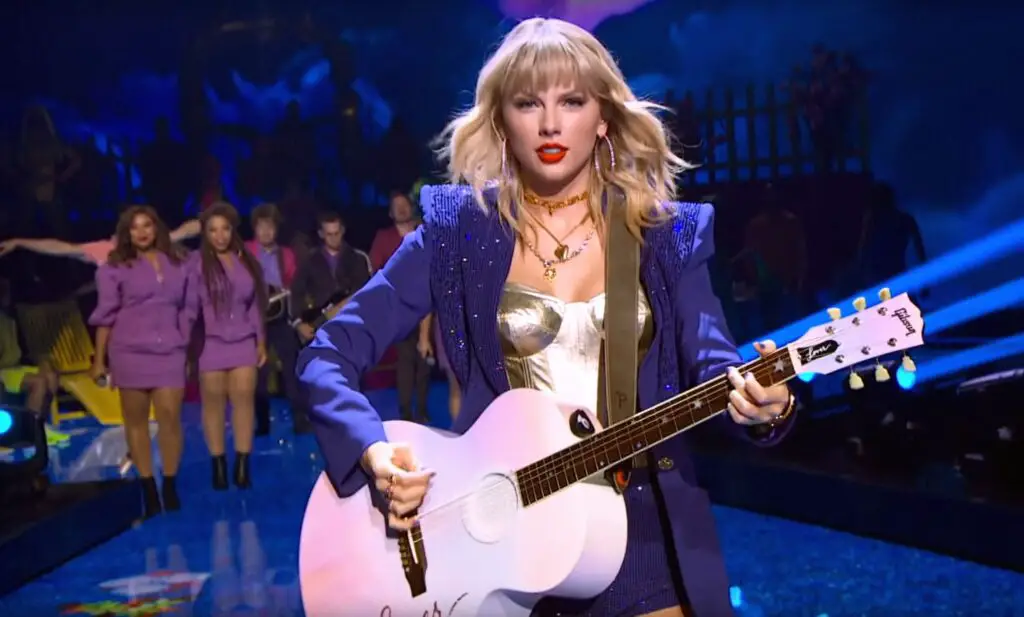
Yes, Taylor Swift started in country, and yes, she wrote some solid songs early on, but her transition to pop left country music fans with a bitter taste. As much as she helped bring attention to country-pop, many believe her talents as a singer-songwriter were overhyped during her country days. While tracks like “Tim McGraw” showcased some promise, it wasn’t long before she leaned into pop sounds that left her roots behind. Sure, she made a splash with crossover hits, but her growth was more about marketing and image than maintaining any real country credibility. Some even argue that Swift’s country period was more of a stepping stone to greater pop stardom than a genuine contribution to the genre.
2. Garth Brooks
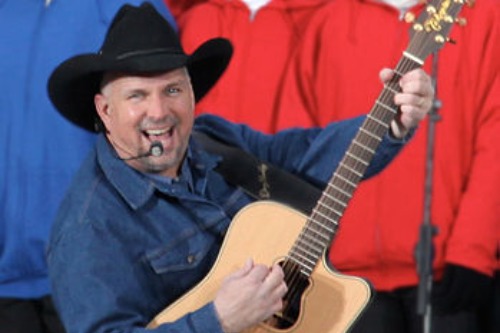
Garth Brooks is often hailed as the king of ’90s country, but let’s be real: his influence on the genre may be more about his pop appeal than pure country craftsmanship. His crossover success brought country to a larger audience, but his sound—filled with arena rock theatrics and over-the-top performances—wasn’t exactly what purists had in mind when they thought of country music. While his hits like “Friends in Low Places” are iconic, many critics argue that Garth’s success was more about showmanship than the quality of his songwriting. His impact on the genre can’t be denied, but his brand of country often left traditionalists scratching their heads. His blend of pop-country isn’t everyone’s cup of tea, which is why he’s often considered overrated in the grander scope of country music history.
3. Shania Twain
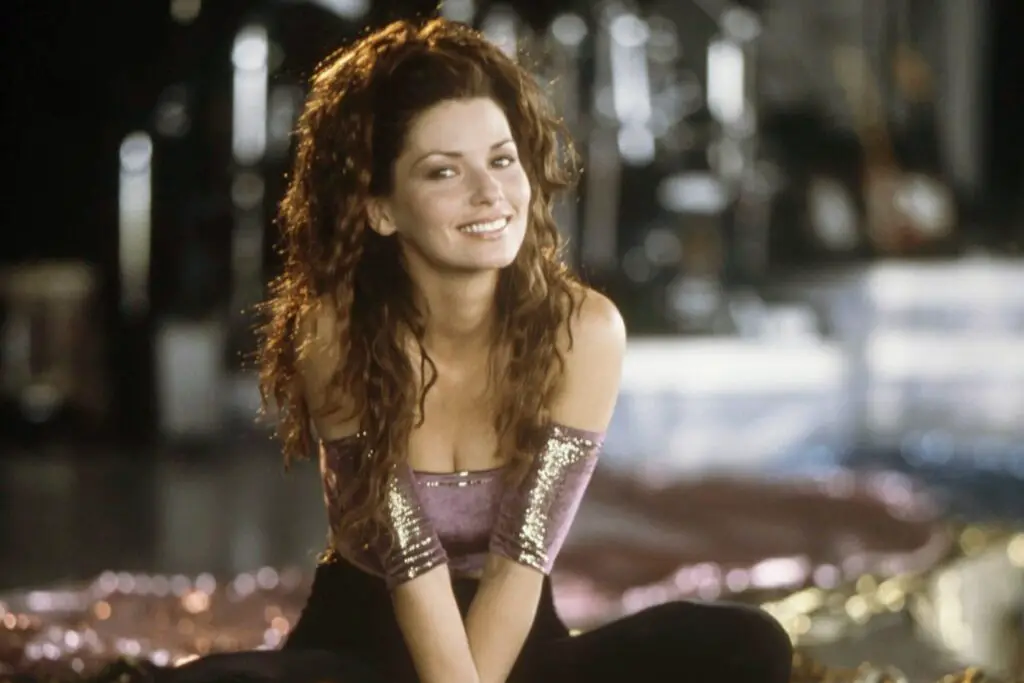
Shania Twain became the “Queen of Country Pop” in the ’90s, but was her rise more about flash and flair than actual talent? Songs like “Man! I Feel Like a Woman!” became anthems, but many question if they stand the test of time or are just catchy hooks with little substance. While Twain’s ability to blend pop and country was undeniably influential, some would argue that her fame was built on the appeal of her image, not necessarily her vocal chops or songwriting depth. Sure, she dominated the charts, but her catalog hasn’t exactly aged as gracefully as other icons in the genre. For some, Shania’s impact is more about spectacle than pure country music.
4. Blake Shelton
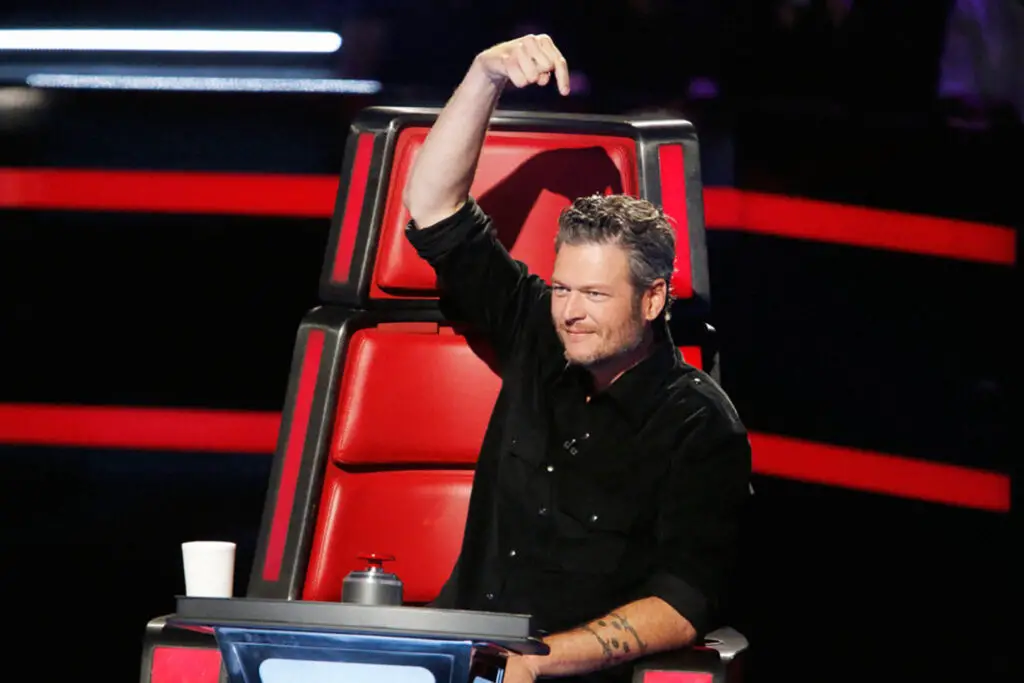
Blake Shelton has had a massive career, but his success has been somewhat controversial for country fans. Known for his persona as the “good ol’ boy” on “The Voice,” Shelton’s music often leans more toward mainstream pop-country, with generic lyrics and overly produced sounds that many purists consider lacking depth. While songs like “Austin” were well-received early on, many of his later hits have felt more manufactured than genuine. The controversy isn’t necessarily his voice or charm, but his tendency to ride the coattails of trends rather than set any new ones. For some, Shelton’s success can feel like more of a popularity contest than a reflection of authentic country artistry.
5. Carrie Underwood
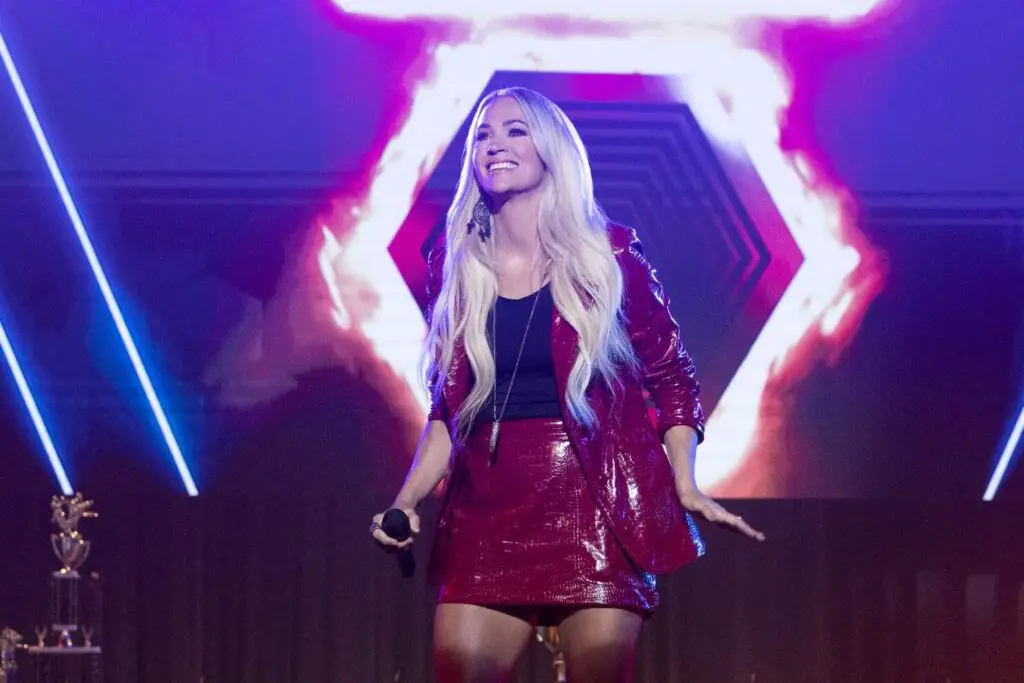
Carrie Underwood is undeniably talented, but her rise to superstardom was almost too swift, leaving some fans questioning if the accolades she received were more due to her “American Idol” fame than the strength of her music. While hits like “Before He Cheats” are undeniably catchy, some argue that her vocal range and her reliance on big-budget music videos and flashy performances make her more of a pop star than a country singer. Her music often strays into crossover territory, and while she has made some strong country tracks, many feel she’s been marketed as a product of the industry more than an artist carving her own path. Her success can overshadow lesser-known, more authentic country artists who never had the same platform.
6. Luke Bryan

Luke Bryan’s brand of country-pop has made him a household name, but his rise in popularity has often raised questions about whether he’s doing the genre any favors. With party anthems like “Country Girl (Shake It for Me),” Bryan’s music is often criticized for being formulaic and lacking depth. His lyrics can feel more about selling a good time than conveying the emotion or storytelling that true country fans love. Many would argue that his success has more to do with his appeal to a younger, mainstream audience rather than any true reflection of country music’s soul. While he’s certainly catchy and marketable, his music often lacks the authenticity that many expect from country artists.
7. Kenny Chesney
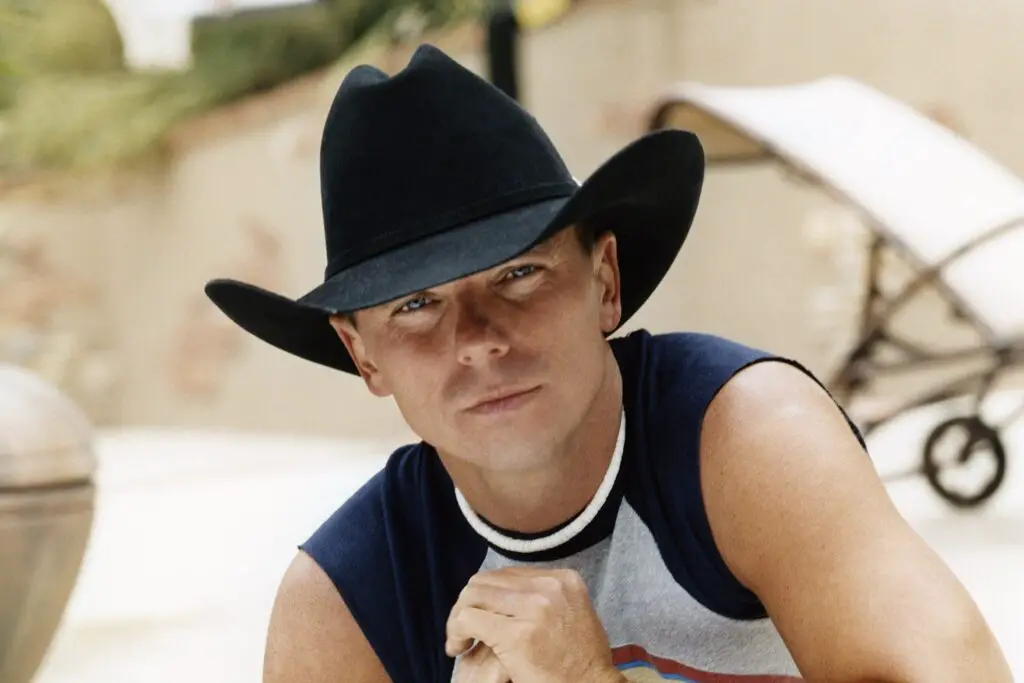
Kenny Chesney has had an extensive career, but many feel his brand of “beach country” has more to do with marketing than real country music. While his “island vibes” have made for some catchy songs, many fans feel like his music can be a little too repetitive and formulaic. Tracks like “No Shoes, No Shirt, No Problems” may resonate with fans looking for a good-time anthem, but they often lack the depth of earlier country music legends. Chesney’s success is often attributed to his ability to tap into a laid-back, party-loving audience rather than showcasing raw talent or a unique voice. For many, his music feels more like a commercial venture than a true artistic pursuit.
8. Tim McGraw
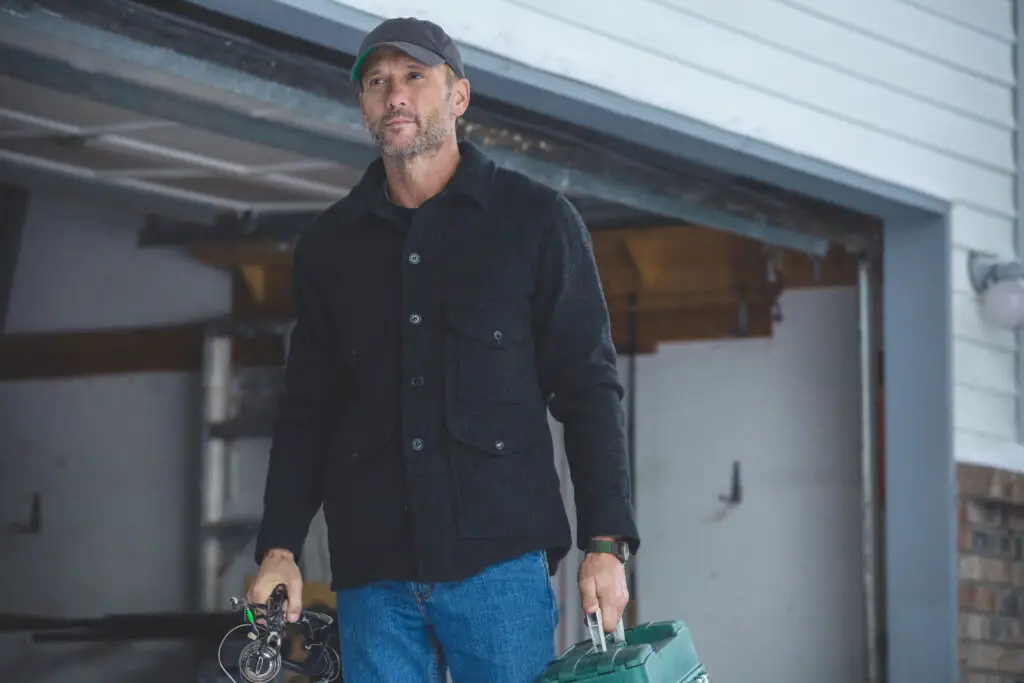
Tim McGraw’s reputation as a country superstar is undeniable, but his catalog can sometimes feel overproduced and overly polished. While hits like “Live Like You Were Dying” are revered, other tracks often sound more like mainstream pop than true country. His collaborations with other artists have often veered into pop-country territory, further blurring the lines of what constitutes authentic country music. For some fans, McGraw’s success represents a shift toward more commercialized country, where catchy hooks take priority over meaningful storytelling. His ability to cross over into other genres is impressive, but it leaves some questioning his true role in the country genre.
9. Rascal Flatts
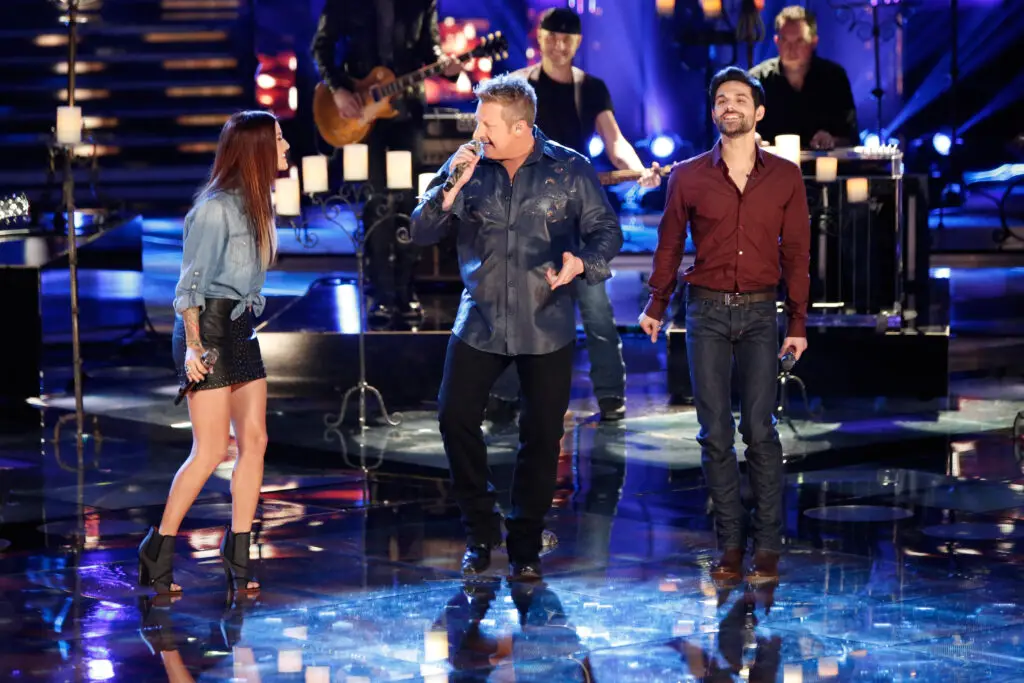
Rascal Flatts became one of the biggest country bands of the 2000s, but their music has often been labeled as overly slick and safe. With their smooth vocal harmonies and radio-friendly sound, they built an enormous fan base, but many critics argue their music lacks the raw authenticity that defines traditional country. Songs like “Life is a Highway” and “Bless the Broken Road” are catchy, but they also come across as formulaic and predictable. For some, the band’s polished image and pop-country sound feel more like a calculated attempt to capture the mainstream audience than a genuine love for the genre. Their widespread success has led to many questioning whether the genre has been watered down.
10. Florida Georgia Line
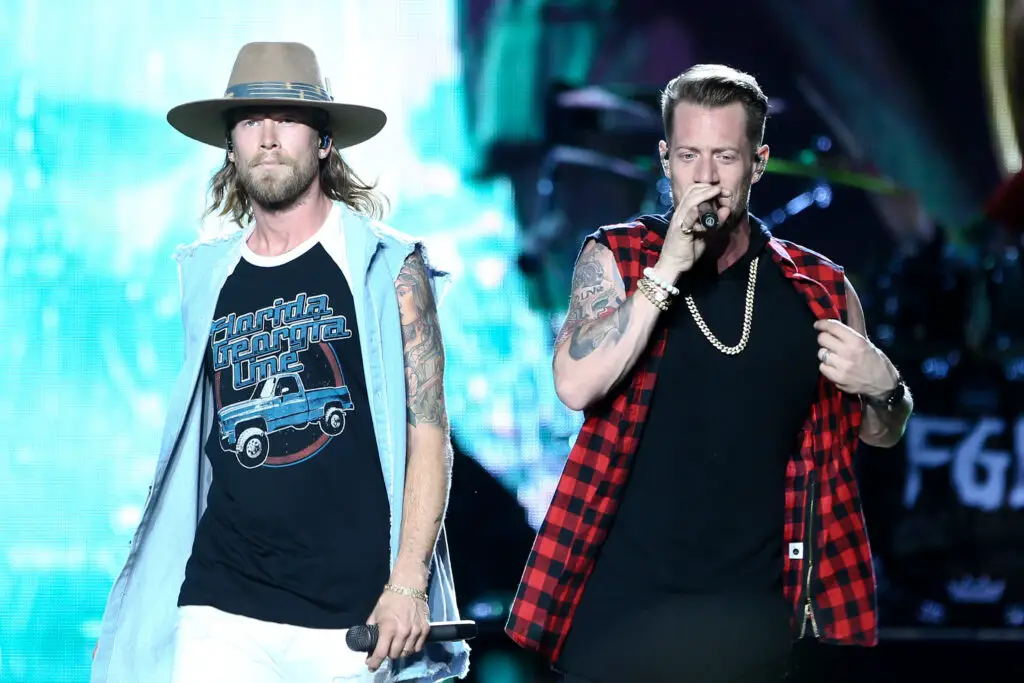
Florida Georgia Line was at the forefront of the bro-country movement, but their brand of pop-country has drawn heavy criticism. With party songs like “Cruise” dominating the airwaves, they helped define a new generation of country music, but that doesn’t necessarily mean it was for the better. Many fans of traditional country feel their music is more about catchy beats and gimmicks than true storytelling or musicianship. The duo’s lyrics often focus on beer, trucks, and partying, leading to accusations that they represent the shallow side of modern country music. While they’ve sold millions of records, their impact on the genre remains controversial among country purists.
11. Alan Jackson
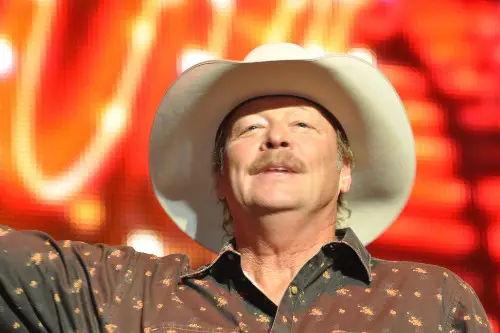
Alan Jackson has had a long career, but some fans argue that his blend of traditional and contemporary country is more about maintaining relevance than pushing boundaries. While tracks like “Chattahoochee” and “Don’t Rock the Jukebox” are catchy, some of his music lacks the complexity and depth that defined earlier country greats. His brand of country can feel safe and predictable, with a reliance on traditional themes and sounds that can sometimes feel a bit stale. While Jackson’s music helped bridge the gap between old-school and modern country, his lack of innovation has made him less relevant to younger generations who crave something more unique. For some, his career represents a missed opportunity to push the genre forward.
12. George Strait

George Strait is often considered one of the greatest voices in country music, but his career has largely been built on a formulaic approach. While he has an undeniable talent for delivering songs with perfect pitch and vocal precision, his music often lacks the spark of creative originality that defines the best in country music. Strait’s success has been based on a consistent formula of love songs and honky-tonk anthems, but for some, his music has become repetitive and predictable. He may be a legend, but his reliance on tried-and-true formulas often leaves listeners wanting something more. His consistency has made him a favorite, but it’s also led to arguments that his contributions are somewhat overrated.
13. Jason Aldean
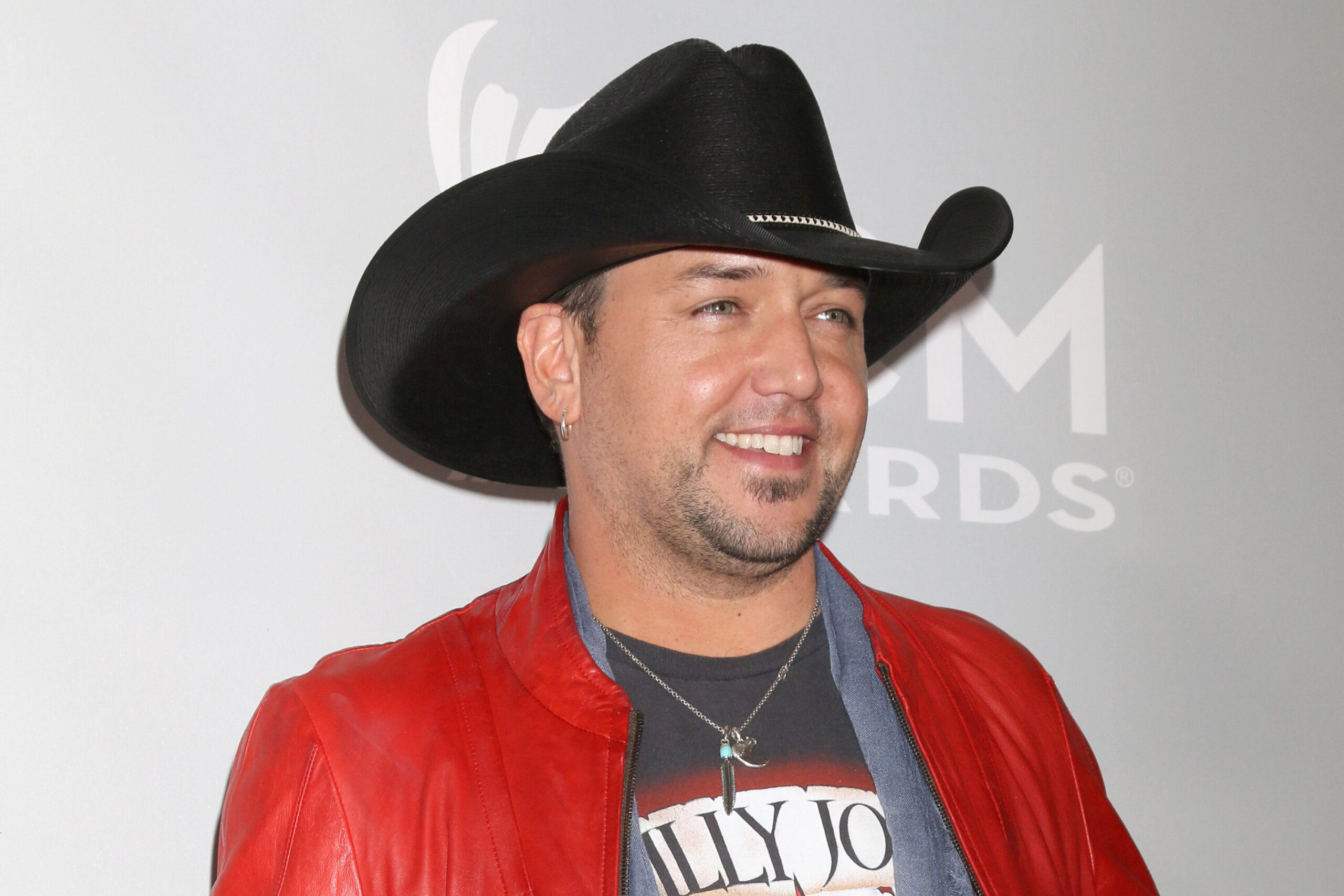
Jason Aldean has become one of the biggest names in country, but his music is often criticized for being more about image than substance. With hits like “Dirt Road Anthem,” Aldean has built a brand around the “tough guy” persona, but his lyrics often feel like they’re pandering to a certain audience rather than offering something deep or unique. His music leans heavily into the bro-country movement, focusing on partying and trucks, leaving little room for the storytelling that many believe is essential to country music. Aldean’s commercial success has overshadowed his musical contributions, leading some fans to view his career as more about marketability than artistry. Despite his popularity, many feel his music doesn’t quite live up to the true country legacy.


